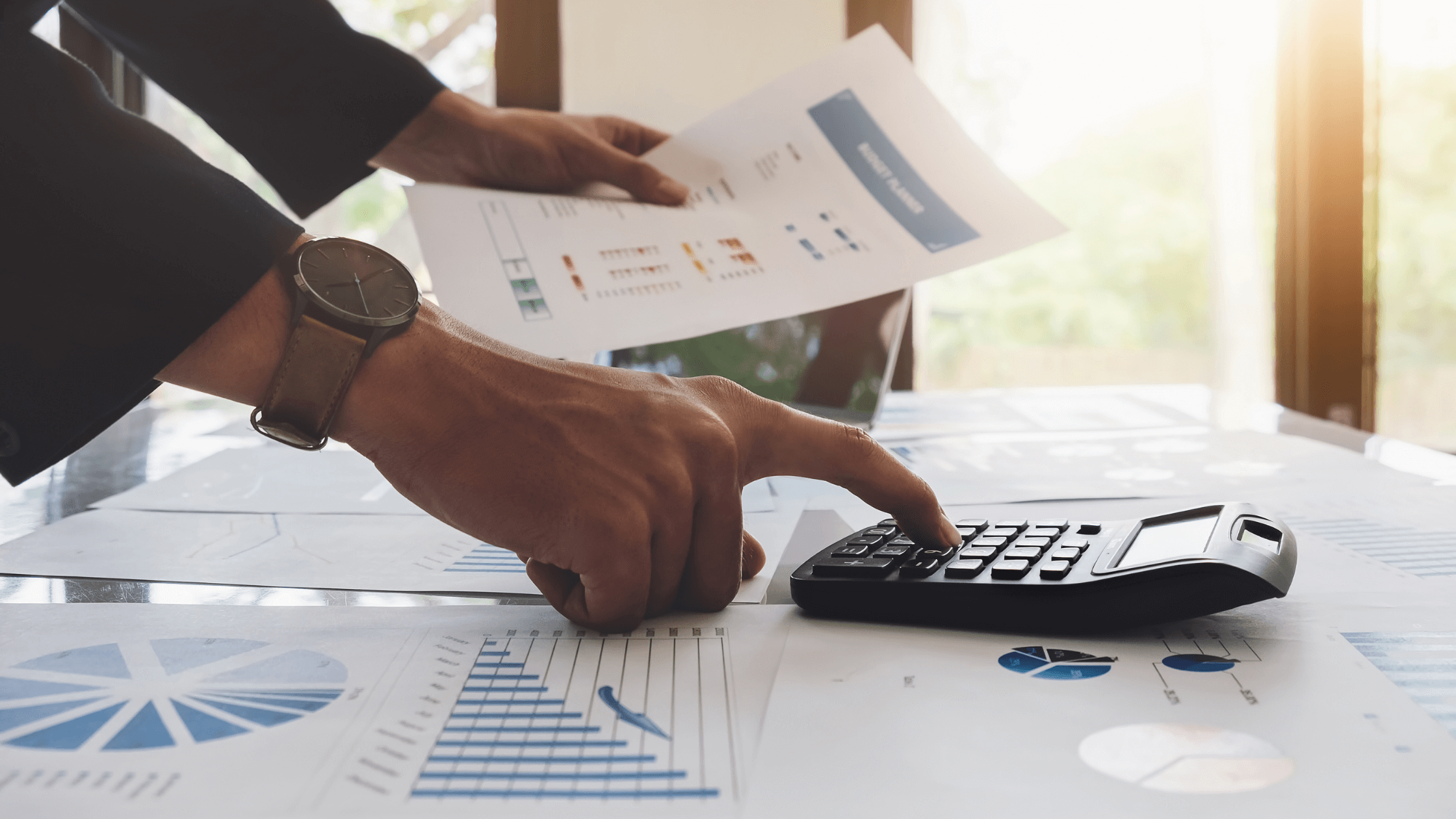Monday, 26 April 2021
How to prepare for a Revenue audit
An unexpected Revenue Audit is something that often brings fear to many business owners. If you own an SME and do not have an in-house finance team you might fe...
An unexpected Revenue Audit is something that often brings fear to many business owners. If you own an SME and do not have an in-house finance team you might feel uneasy about the preparation. While it is natural to feel a bit overwhelmed after the news of a Revenue Audit, with careful preparation and expert help, you can minimise the worry and the cost when it comes to a Revenue Audit. Read our top tips below for sailing through the process. 1.Revenue Audit letter.
The first step in the preparation process for a Revenue Audit is to review in detail the notification of an audit issued by the Revenue. This should help to provide key information on the periods / years and tax types (heads) that will be audited. The time and location of the audit and the name of the Revenue official who will be attending will also be included in this letter. If you are confused or have any doubt on the specifics of the audit, you should seek clarification with officials immediately. If the time suggested for the audit does not suit, then you should contact officials promptly to reschedule.
In some circumstances, Revenue will use e-audit techniques to determine whether a business has filed the correct tax returns. On occasion they will require information to be supplied to them in electronic format for investigation beforehand. If this applies to you, then it will be clear in the audit letter. 2.Read the Revenue Audit Code of Practice.
It is vital to read the Revenue Audit Code of Practice when you are preparing for an audit. This document sets out all the rules and guidelines governing Revenue Audits and it allows taxpayers to familiarise themselves with the entire audit process. It also helps individuals to know and understand their rights. If you are worried about the prospect of your Revenue Audit, then this is a good document to familiarise yourself with. 3.Consult with an accountant.
One of the most imperative steps in preparing for an audit is consulting with an accountant. Your accountant will be able to discuss the entire Revenue Audit with you in detail. Not only will this give you peace of mind, but it will allow you to feel more informed. In a meeting with your accountant, you should identify the completeness of information to be provided to the Revenue. Have a conversation with your accountant and outline any potential issues that might arise during the audit process.
Discuss any tax reliefs used in the period which will be reviewed by the audit. Remember that if it is an e-audit, you must understand the requirements on information to be supplied. Your accountant will be able to discuss this with you and provide you with insightful advice on this matter.
Talk to your accountant about who should attend the meeting at the opening of the Revenue Audit, so you are as prepared as possible. 4.Supporting documentation.
Revenue requires all supporting documentation to confirm the accuracy of tax returns. All sales and purchases invoices must be available, and it should be possible for Revenue to trace these documents to the financial accounts. Your accountant may have summary schedules and other linking documents to make it easier for Revenue to confirm the accuracy of the accounts. Bank statements should be reviewed to ensure there is an explanation for the source of all lodgements. In the case of multiple accounts, bank and credit cards statements should be available for each specific account. 5.Review your tax returns.
It is very important to take the time to review your tax returns. All tax returns should be reviewed to identify whether any errors or discrepancies can be identified. Annual returns submitted should include Return of Trading Details. Take the time to ensure that all salaries and wages disclosed in the financial accounts agree to the payroll records with an explanation for any differences. Similarly for VAT, the Return of Trading Details set out the sales of a business so this should also be reconciled to the financial accounts.
6.Prepare a disclosure. If during preparation for the revenue audit, an underpayment or error is identified by you or your accountant, making a prompt qualifying disclosure will reduce the penalties that the Revenue charge. It may also help to avoid publication in the Revenue’s list of tax defaulters. This disclosure must be in writing and contain a calculation of the tax and interest together with payment. If additional time is required to prepare your disclosure, then an extension of 60 days can be requested.
How can Cronin and Co help? If you are required to prepare for a Revenue Audit, our experts can help you to prepare all the necessary material to ensure that your Revenue Audit runs as smoothly as possible. We have extensive experience in dealing with the Revenue and the work required for a Revenue Audit, it does not have to be daunting with the support of Cronin and Co.
For any advice on preparing for revenue audit services please contact our expert [email protected]




